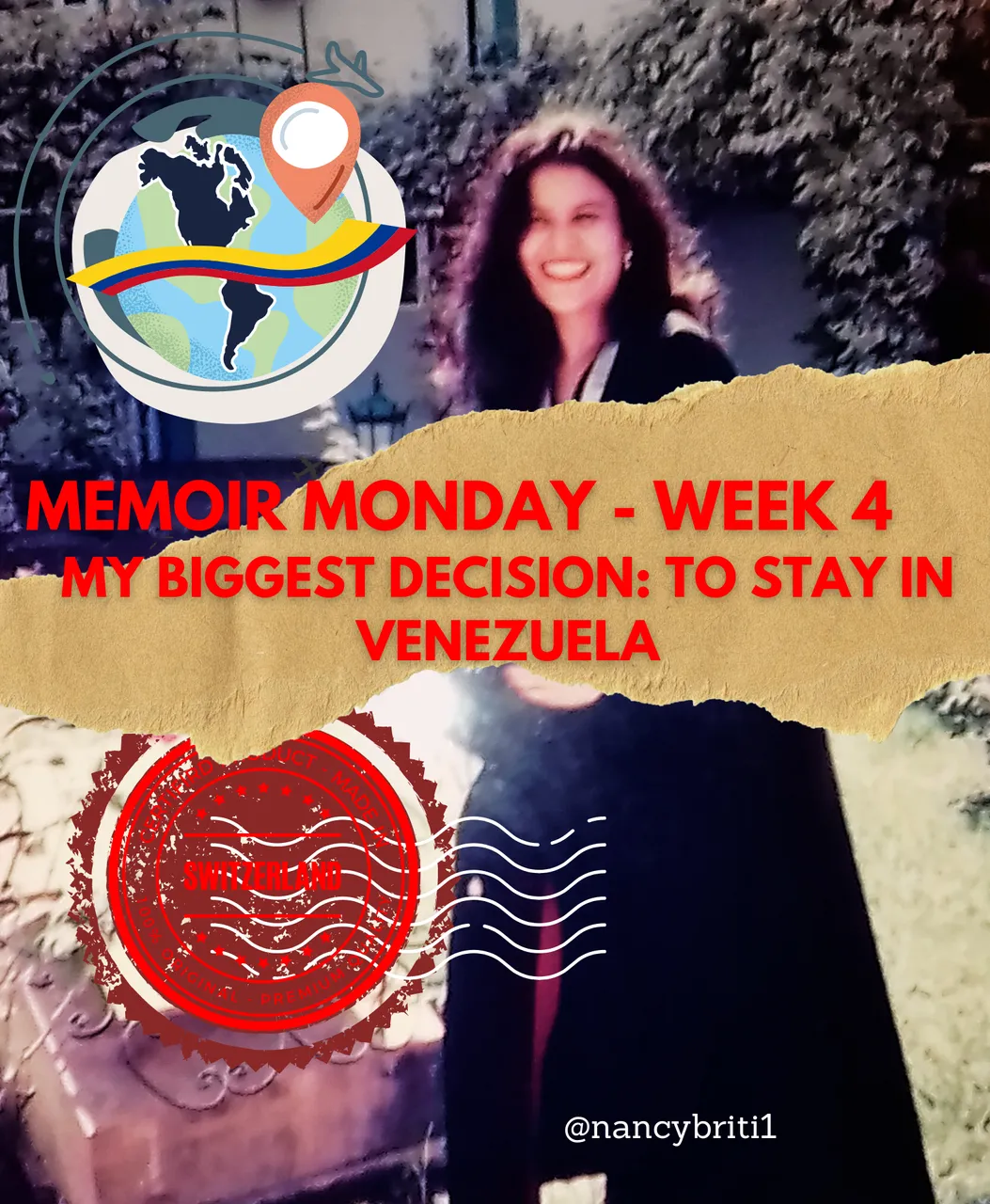
My biggest decision: to stay in Venezuela

Unlike many Venezuelans, I didn't buy into the government's story of a "beautiful revolution". So I made the decision, an easy one at the time, to leave the country to continue studying, prepare myself, and perhaps, in the future, return to work or come as a tourist. With this in mind, I applied for a scholarship to study in Spain.
Until the end, I kept my decision to leave a secret, because if you want something to happen, you don't have to say much about it. So it was that in 2002 I went on holiday and in the middle of my trip I received the news that would change my life: my father's kidneys collapsed and he had to start dialysis three times a week.
My father who had taken care of me, who had always been a loving, responsible, hard-working father, was ill. I did not hesitate to cut short my holiday and return home, aware of the role I had to take on, together with my mother and siblings: caring for my father.
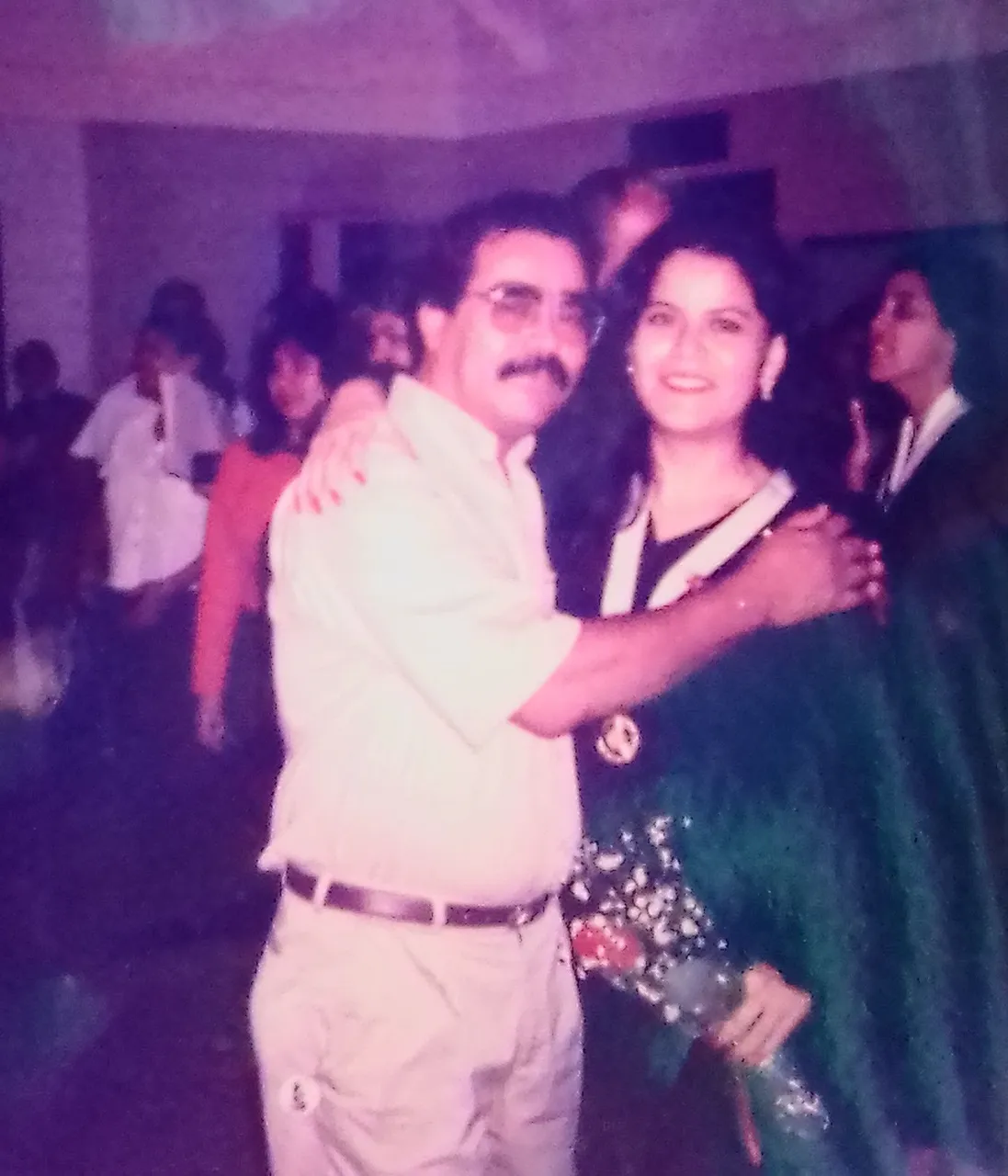
With the care of the family and their will to live, my father positively battled his illness for 12 years. 12 years that may not have been the easiest in Venezuela, but the country's economy had not yet hit rock bottom, so we managed to fend for ourselves as best we could. In those 12 years, I never, ever regretted not having left. On the contrary, every day, I was thankful that I had stayed and helped my family in every way.
But my father died in 2016 and we were literally left with nothing: we didn't know what to do without that fundamental pillar that supported the house. Not to mention that at that time Venezuela entered one of the worst economic crises of this century and its population could not find food: the famous 2017 arrived.
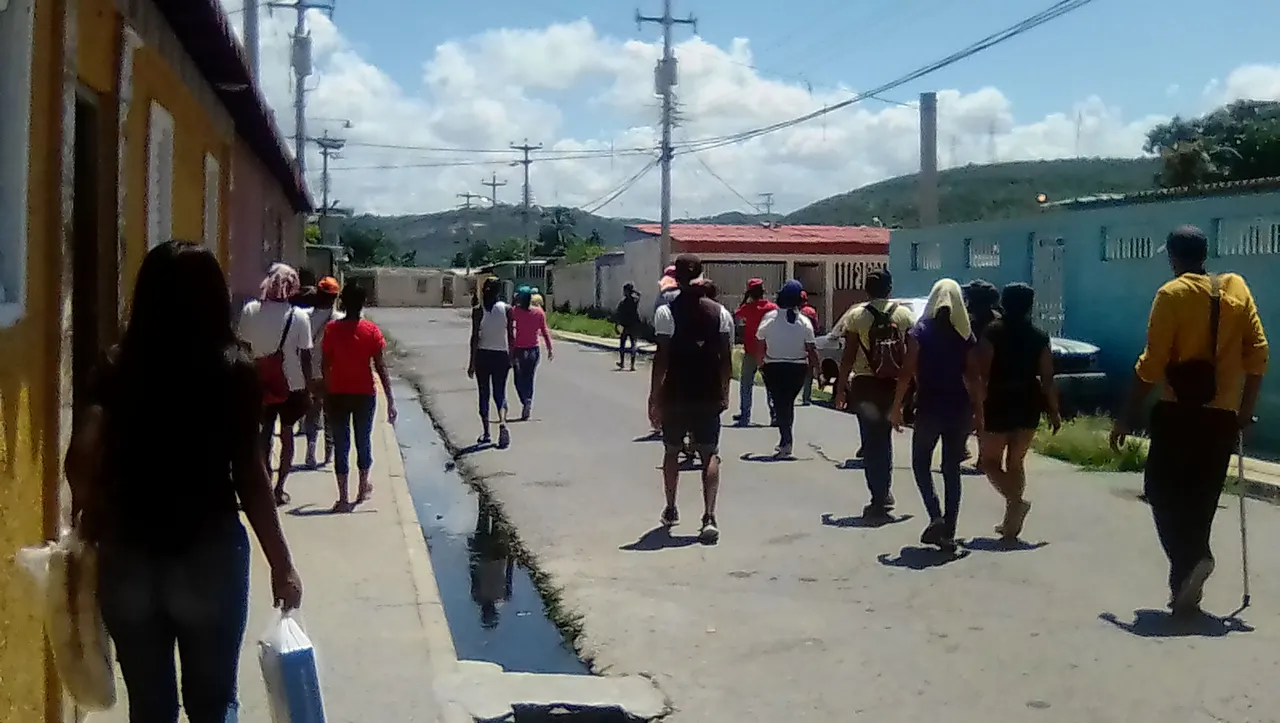
At that time I lost many kilos and the skin that used to tan on the best beaches in the country, now toasted under the sun looking for food. Of course, many times I cried in the darkness of my room, tired, sad, upset about what was happening, but the next day I started my daily battle with the same energy as always. Even so, at that moment, in the midst of the crisis, I never, ever regretted staying in my country because I was certain that my presence was fundamental at home.
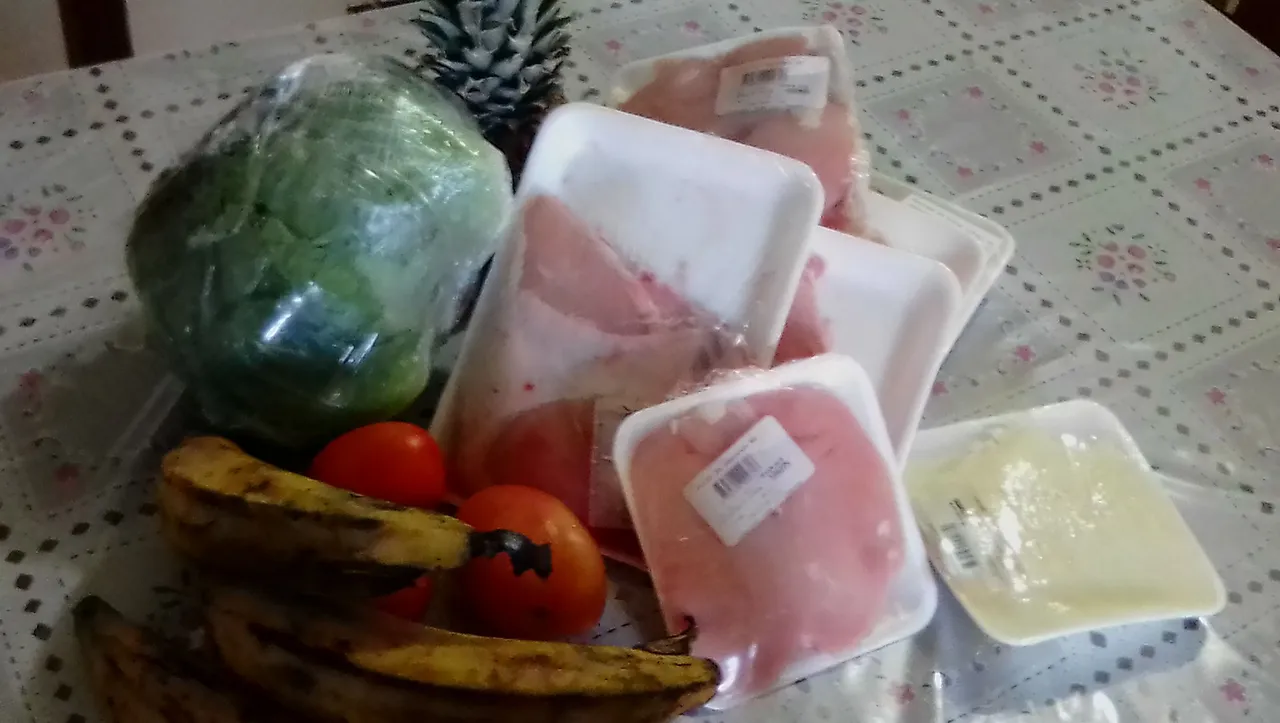
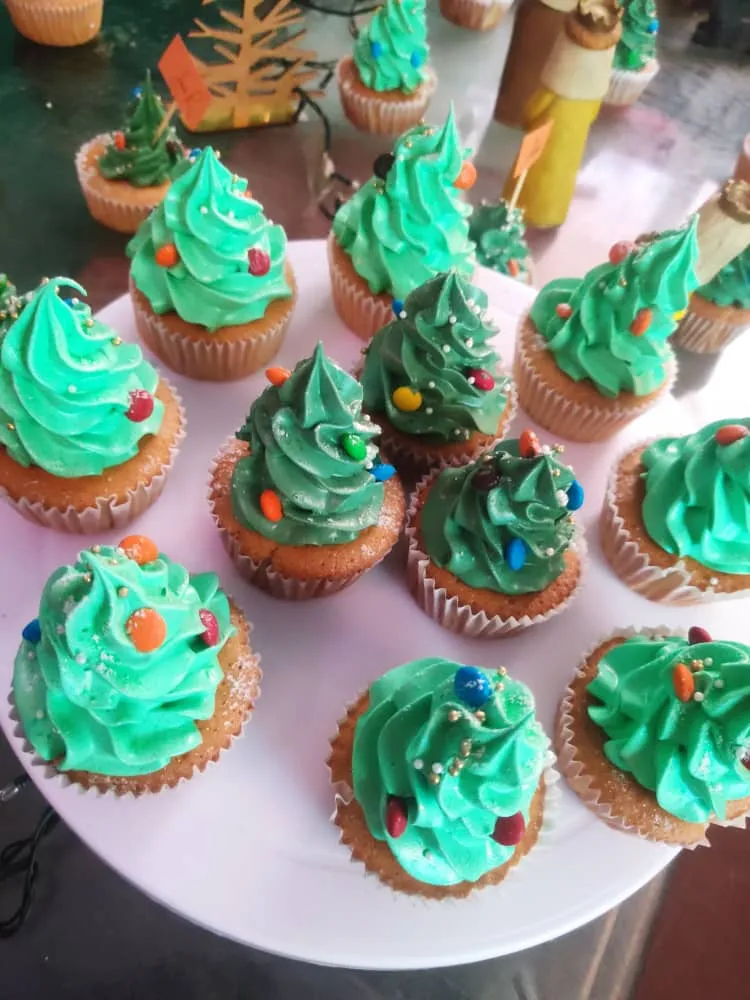
Many people will say that if we are out of the country we can help with money, medicine, food to those who are in here. That's certainly true. That is a fundamental help. But we also need that human help, the daily embrace, saying to the other person: "go to sleep, I'll stay with him", "I'll do it for you", "I'm here with you, don't be afraid". That is worth the world.
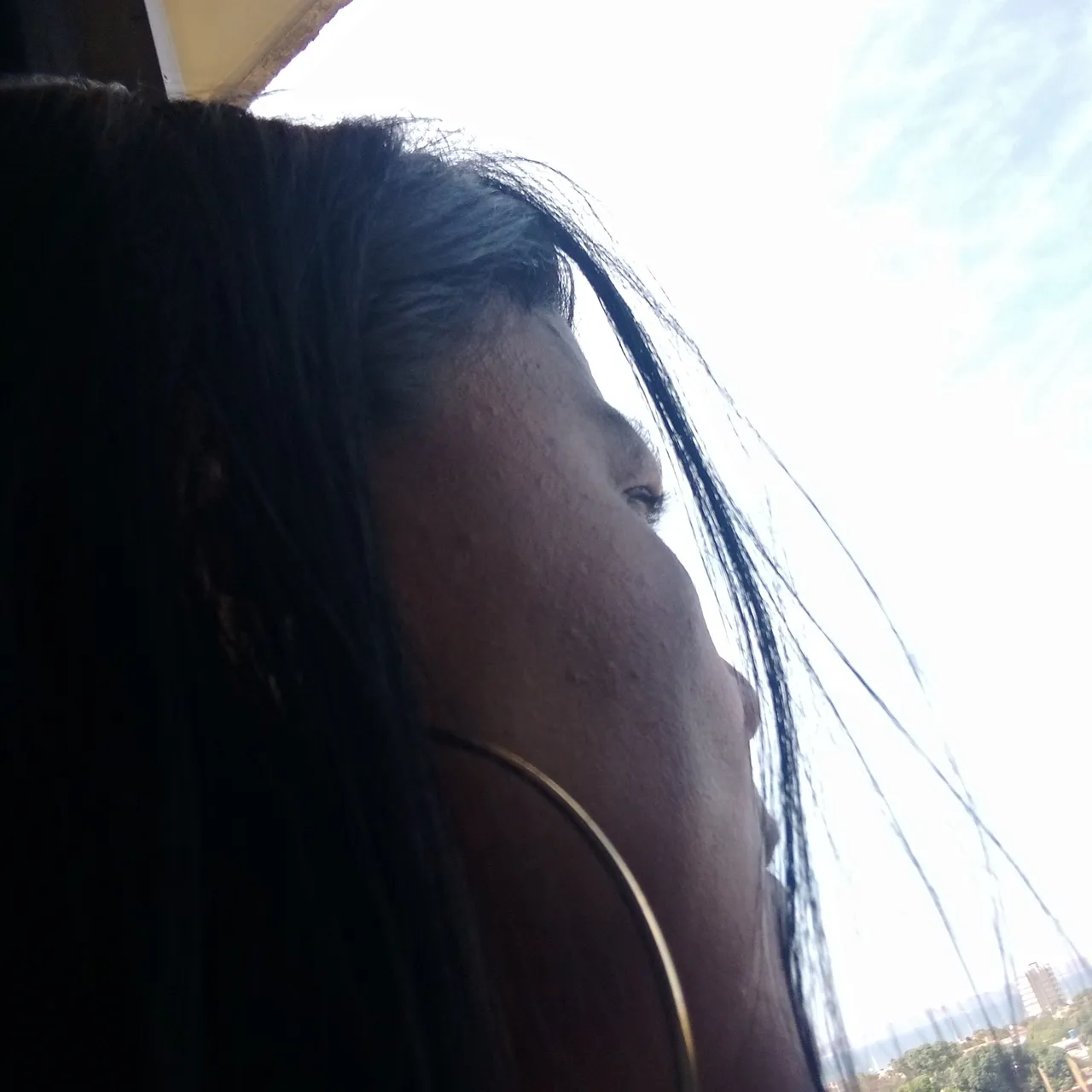
It makes me angry because over the years I have become weepy and as I write this, I am crying. I am crying out of helplessness, but also out of happiness for not having left at that time. I know myself and I know that I would have been in another country, wanting to be here, with my people. I know that right now, at this moment, we don't have all the weapons to fight all the monsters that await us, but we have us, the family, united, solid, each member playing their part, aware that this disease is a race of speed, but also of endurance.
Sometimes I joke with my family and say that if I had left the country, the round-trip plane tickets would have ruined me. Instead I am here, in my country, and all I have to do is take a bus or walk and I am with them, and I happily tell them: I am here for whatever they need me for.
With this post I join my great friend @ericvancewalton's weekly initiative: #memoirmonday. This text tries to answer the question: What is a small decision you made in your life that ended up having a big impact on your life? If you want to participate, here is the invitation link.

All images are from my personal gallery and the text is by me, translated in Deepl.

